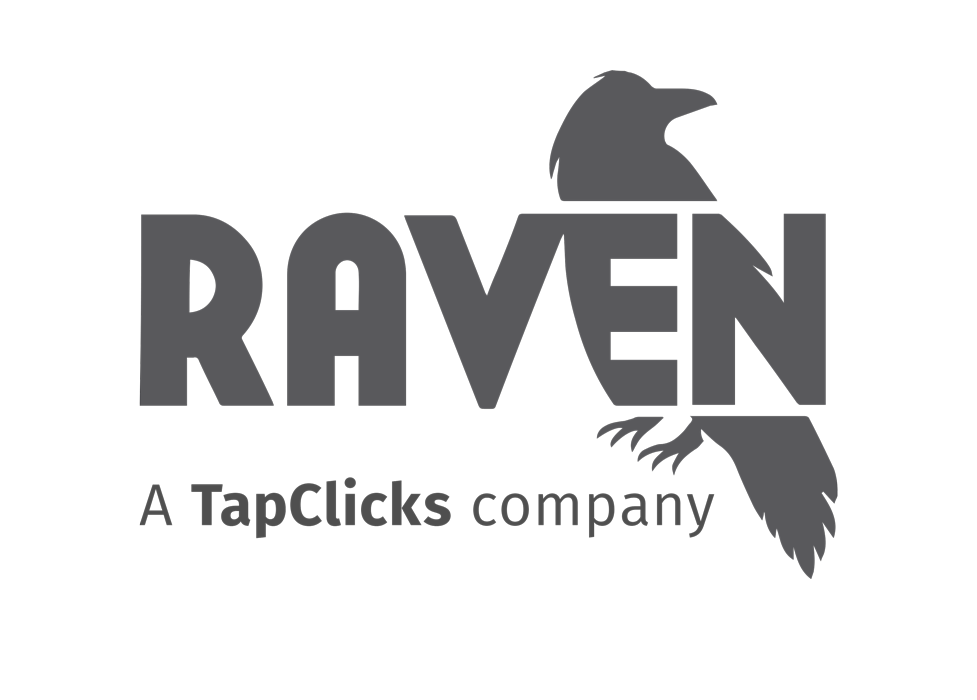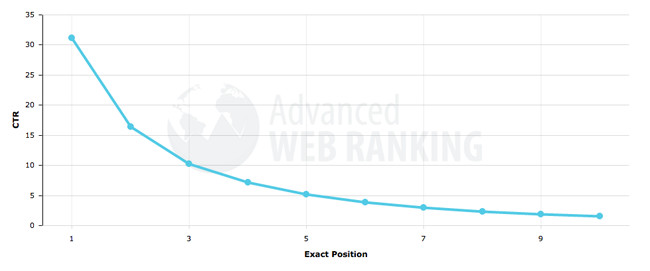What is a SERP (Search Engine Results Page)? - Raven
A SERP (search engine results page) is the page of results that appears after someone searches a search engine.
A search engine results page is the page of results that appears after a searcher types a word, phrase, or string of characters.
Below is an example of a common results page. Google labels advertising within a SERP as an “Ad” or “Sponsored.”
Depending on what you’re searching for, your search history, your location, and other factors, the search engine builds a results page it thinks will be relevant and timely.
Google and other search engines are consistently tweaking their search algorithms, and new websites are constantly being indexed, so where your pages are ranked for different keyword searches is frequently in flux.
A traditional non-paid results has at least the following 3 elements:
- Page Title
- URL
- Meta Description
Maps, information boxes, videos, and star ratings are among the many things that can appear within results pages. If you use structured data, you have some control over what Google is able to include in your results.
SEO is the strategy of increasing meaningful organic traffic over time by ranking pages higher in search results. The higher you appear in search results, the higher chance you have of getting more traffic. The more traffic you receive, the higher your potential SEO ROI when that traffic turns into paying customers.
This is because people tend to click on links near the top of results pages. Advanced Web Ranking found that the first organic result in Google has a click through rate of about 31%, and it gets lower from there as you go down the page.
SERP Resources
- Google Search Console
- Examples of what’s included in various SERPs
- Track Your SERP rankings
- Forecast your SEO ROI
SERP Experts
Synonyms
- Search engine results page




